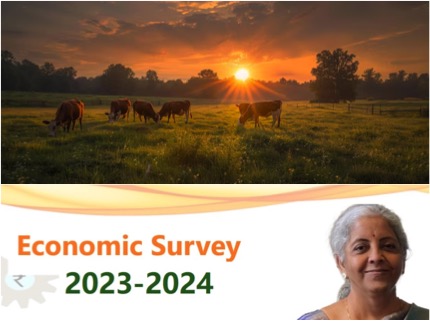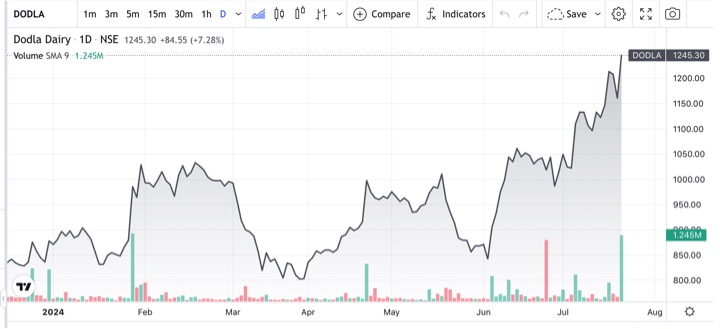A Texas dairy worker has tested positive for the avian flu, marking the first identified human case of an illness in the U.S. that has sickened cattle across several states over the past few weeks.
The infection, only the second human case of H5N1 ever recorded in the country, is worrying public health experts who for decades have cautioned that avian flu could pose a serious threat.
The case is the only one state and federal officials have identified, and there is no evidence that it is being spread among humans. The illness is mild and the worker is expected to recover, said two people familiar with the matter, who were granted anonymity because the information has not yet been made public. While there have been confirmed avian flu fatalities in other parts of the world, the U.S. has only ever recorded a handful of mild cases, according to the CDC.
The new human case follows recent cow infections in Texas, Idaho, Michigan and New Mexico that have raised alarm among public health experts who worry the virus’ spread to mammals could make it easier for the virus to infect humans.
“Every single time is a little bit of Russian roulette,” said veteran public health expert Ashish Jha, who led the Biden administration’s Covid-19 response. “You play that game long enough and one of these times it will become fit to spread among humans.”
The CDC, FDA and U.S. Department of Agriculture said the virus was found in a Michigan dairy herd that had recently received cows from herds in Texas. The USDA’s National Veterinary Services Laboratories said the Michigan strain is very similar to the cow infections in Texas and Kansas, which appear to have come from wild birds.
“Initial testing has not found changes to the virus that would make it more transmissible to humans,” the CDC, FDA and USDA said in a press release. “While cases among humans in direct contact with infected animals are possible, this indicates that the current risk to the public remains low.”
Still, senior White House officials are closely monitoring the evolving situation, with the Office of Pandemic Preparedness receiving regular updates from HHS and USDA. Jeff Zients, President Joe Biden’s chief of staff, was briefed last week, said one person familiar with the matter, granted anonymity to discuss internal conversations.
The FDA’s top vaccine regulator said Monday that the U.S. maintains a stockpile of vaccines targeting avian flu.
“There are actually vaccines licensed in the United States for H5N1, and there are stockpiles where we believe that, if we needed to, they would be reasonably good matches,” Dr. Peter Marks said at the World Vaccine Congress in Washington.
Whether the federal government would activate more production of those countermeasures depends on how the situation unfolds, Marks indicated.”Just because of being on edge from Covid, there are a lot of people looking at what’s going on here, and there’s probably a pretty low threshold to pull the trigger here,” he said. “This is one case we’re a little luckier because it’s a pathogen that we know. We know what this is and what we have in the freezer, so to speak. We have a little bit of a leg up on at least getting started.”
But Dr. Luciana Borio, a former FDA official, questioned the vaccines’ potency. The shots’ two-dose regimen, which the FDA approved in 2007, produced antibody levels expected to reduce the risk of getting avian flu by 45 percent.
“I’m not as confident as Dr. Marks,” she said after his remarks.
There is also concern about potential cow-to-cow spread in Idaho. State veterinarian Scott Leibsle told POLITICO that cows from an Idaho dairy tested positive for avian influenza a few weeks after a shipment of Texas cattle arrived in early March from a facility with avian influenza cases.
“The coincidence of timing is just too coincidental to say well, the shipment of cattle came up from an affected facility in Texas and then two weeks later we saw it in some other cattle,” Leibsle said. “That just doesn’t make any sense.”
The FDA said it is not aware of milk or food products from symptomatic cows entering interstate commerce. The three government agencies said there is “no concern about the safety of the commercial milk supply” because of pasteurization — which heats milk to a temperature that would kill the virus.



























